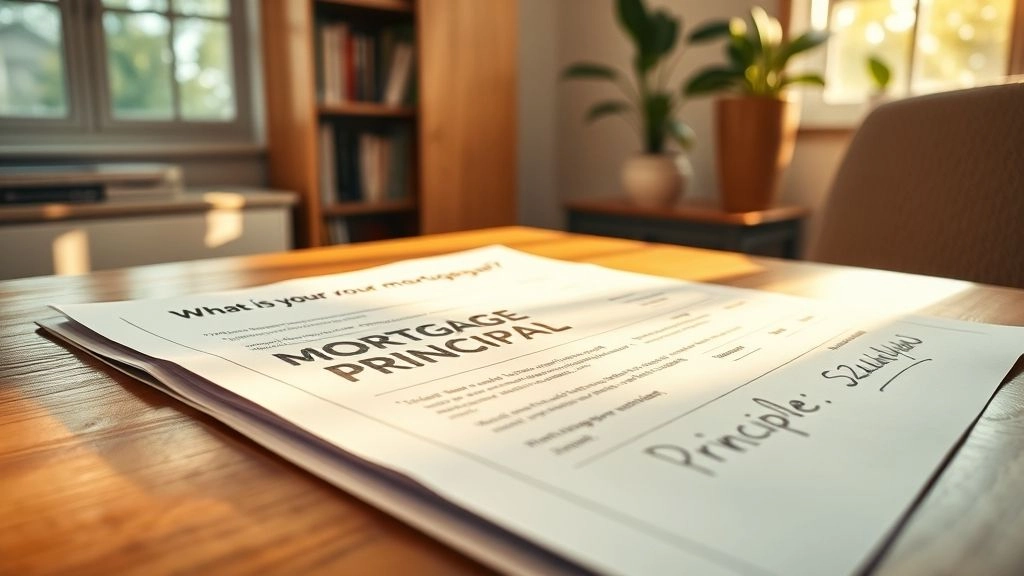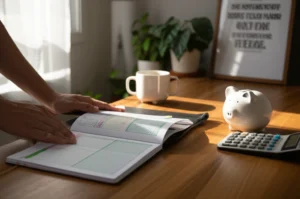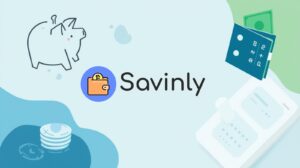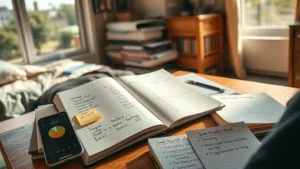Hidden Splurges in Plain Sight
Confession time: I didn’t really pay attention to my mortgage principal until years after I got my first house. I spent so much time clipping coupons and brewing my own coffee to save, but meanwhile, the single biggest chunk of money leaving my paycheck every month just… happened. Poof. Out the door. Sound familiar?
If you’re all about frugality and fighting for every dollar, you cannot ignore where your mortgage money is actually going. This is not some “finance guru in a suit” talk. This is me—your scrappy budget buddy—telling you there’s a smarter way, and it starts with one deceptively simple question: What is your mortgage principal?
Principal vs. Interest: The Big Reveal
Let’s Break Down the Terms
Okay, you’re staring at your mortgage statement. The number is big. But how much of that monthly payment is actually paying down the house? And how much is… just bank profit? Here’s the truth: your payment is made up of two main pieces: principal and interest. The principal is the sum you borrowed to buy the house. The interest is what you pay the lender for the privilege.
So, say you buy a house for $300,000 and make a $60,000 down payment. That $240,000 left? That’s your starting mortgage principal. Simple, right? Spoiler: it gets messier (like most things in real life).
Quick-Glance Table—Who Gets Your Money?
| Month | Payment | Toward Principal | Toward Interest | Principal Remaining |
|---|---|---|---|---|
| 1 | $1,350 | $300 | $1,050 | $239,700 |
| 60 | $1,350 | $440 | $910 | $223,800 |
| 180 | $1,350 | $720 | $630 | $170,000 |
See how little goes to principal at first? It’s like paying rent to yourself… in slooow motion. The balance slowly tips over the years, with interest dominating early on and principal payments picking up steam down the line.
For a real eye-opener on how these payments are sliced, plug your numbers into an online amortization calculator like the CFPB breakdown or practically any bank’s mortgage calculator. Suddenly, where your money is going each month stops feeling like a black hole.
Why Early Payments Look So… Disappointing
Ever look at your balance after a few years and wonder, “Wait, did my payments even make a dent?” You’re not alone. The way most mortgages work—a little financial magic called amortization—means interest gets first dibs. That’s why so little of your payment hits that principal in the early years research on payment schedules.
I once joked that my first year owning a home felt like renting from the bank. But over time, it flips—the longer you hold your mortgage, the more of your payment goes to principal instead of interest.
Beneath the Surface: More Than Just Principal & Interest
What Really Makes Up Your Monthly Payment?
Peek beneath the hood of your mortgage payment. Alongside principal and interest, you’re likely paying into escrow—a holding account for property taxes and homeowners insurance. This whole setup can surprise new homeowners, especially if you’re used to renting and having one flat fee each month.
Knowing what is your mortgage principal is at the heart of all the other calculations. Why? Because everything else is stacked on top of it. Think of your loan principal as the “cake,” and insurance/taxes as the “frosting” that make your total monthly payment calorie-heavy. (Sorry, no actual cake.)
By the way, if you’re weighing the pros and cons of buying vs. renting, check out Which best describes why renting a place to live is generally cheaper than buying a home?—it’ll make you think twice about those hidden costs lurking in homeownership.
Escrow: Love It or Loathe It?
I’ve had years where my escrow cushion ballooned, then shrank, because of swings in tax rates and insurance premiums. One year, it turned out I was overpaying by $40 a month! Pro-tip: review your escrow analysis annually. If you spot mistakes, you could reclaim that cash for your savings goals (or more principal prepayments, like we’re about to talk about…)
Slaying Your Principal Faster (a.k.a. Saving Big)
Can Small Extra Payments Really Save You Thousands?
This blew my mind: chucking just $50 extra each month at your principal—if your lender allows—can take years off your mortgage term. (Check your statement first! Some banks need you to click a special “apply to principal” box.)
Let’s do some quick, not-so-boring math: On a $200,000 loan at 4% over 30 years, tossing in an extra $50 each month could save you over $15,000 in interest… and you’d pay off the loan over 3 years early. Not bad for the cost of skipping two takeout pizzas per month.
Bi-Weekly vs. Monthly: The Not-So-Secret Hack
| Payment Plan | Years to Payoff | Total Interest Paid |
|---|---|---|
| Monthly (30 yrs) | 30 | $143,739 |
| Bi-Weekly | 25.8 | $125,844 |
I swapped to bi-weekly a few years ago and, honestly, it felt like cheating. Yes, my budget adjusted for the two “extra” payments a year, but the payoff (literally) made my future self want to high-five me.
Biggest Trick? Use Your Budget as a Secret Weapon
Most folks think you need a windfall to make extra payments, but honestly? I discovered I was tossing away $100+/month on little things—digital subscriptions, random snacks, overspending at the grocery store. Once I tracked every penny (even the embarrassing ones), I started kicking those savings toward my principal. Rookie move? Maybe. But it worked. Want to see what you could free up? Start by reviewing what are some of the costs of living on your own? for ideas on where to tighten up—little leaks add up.
Making Your Mortgage Fit Your Frugal Life
Rent vs. Own: Crunch Those Numbers
Let’s be real: sometimes frugality means choosing the right path, not just pinching pennies. Maybe you’ve asked: “Should I even buy, or is renting smarter for now?” Most folks forget to factor in all of the extras—repairs, taxes, insurance, and yep, interest vs. principal splits. Owning builds equity (the real value you own in your house), but it can be a slower process than you imagine if you aren’t hacking your principal payoff.
That’s why putting together the full math on homeownership costs is essential. Use a mortgage calculator (like Bankrate’s or Zillow’s) to get a clear picture. Then step back and ask, “What fits my long-term goals? Do I value flexibility, or am I ready to hunker down and build equity the old-fashioned way?” (Want a thought starter? There’s a neat explainer at When you’re ready to buy a house, the best option is a what?.)
Thinking Ahead: The Power of the Five Foundations
One last thing—don’t sabotage future savings by jumping into a mortgage before your budget is ready. Staying frugal means nailing the basics first: emergency fund, debt paydown, and so on. Not sure if you’re there yet? Take a breather and check out why is it important to do the five foundations in order?—no shame in playing the long game.
Small Steps, Big Wins (Your Action Plan)
Where Should You Start?
All right, friend, time for the rubber to meet the road. Here’s your no-stress plan:
- Dig up your most recent mortgage statement.
- Circle—yes, with a pen—the principal amount. That’s what is your mortgage principal right now. Own it; feel the power.
- Plug your numbers into an amortization calculator. Test what happens if you toss in an extra $20, $50, or $100/month. (Here’s a simple tool.)
- Ask your lender about making extra principal payments—and make sure they actually go to principal, not just prepaying interest. Sometimes you need to spell it out in writing.
- Scan your budget for the leaky spots: unused streaming services, eating out, random shopping. Can you redirect anything directly to paying off your loan?
- Share the win: tell a friend or family member. Support keeps you honest (trust me, my sister calls me every month for an update now).
Conclusion: You’ve Got This
The big secret to understanding what is your mortgage principal is this: it’s not just a number, it’s your opportunity. Every dollar you knock off your principal is a dollar you never have to pay interest on—ever again. Start small, stay consistent, and each month you’ll inch closer to real, debt-free ownership. Whether your dream is a little more wiggle room in your budget, an earlier retirement, or just the peace of mind that you’re not renting your house from the bank forever—figuring this out is worth it.
So, what’s your next step? Are you on track, or is there a little tweak you can make this month? If you’re about to buy, don’t miss when you’re ready to buy a house, the best option is a what?—knowing the right loan (and understanding its principal!) sets you up for every frugal win ahead. Let me know what you discover—I’m rooting for you!








